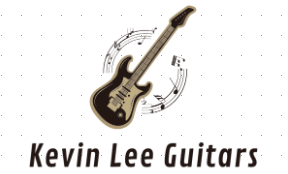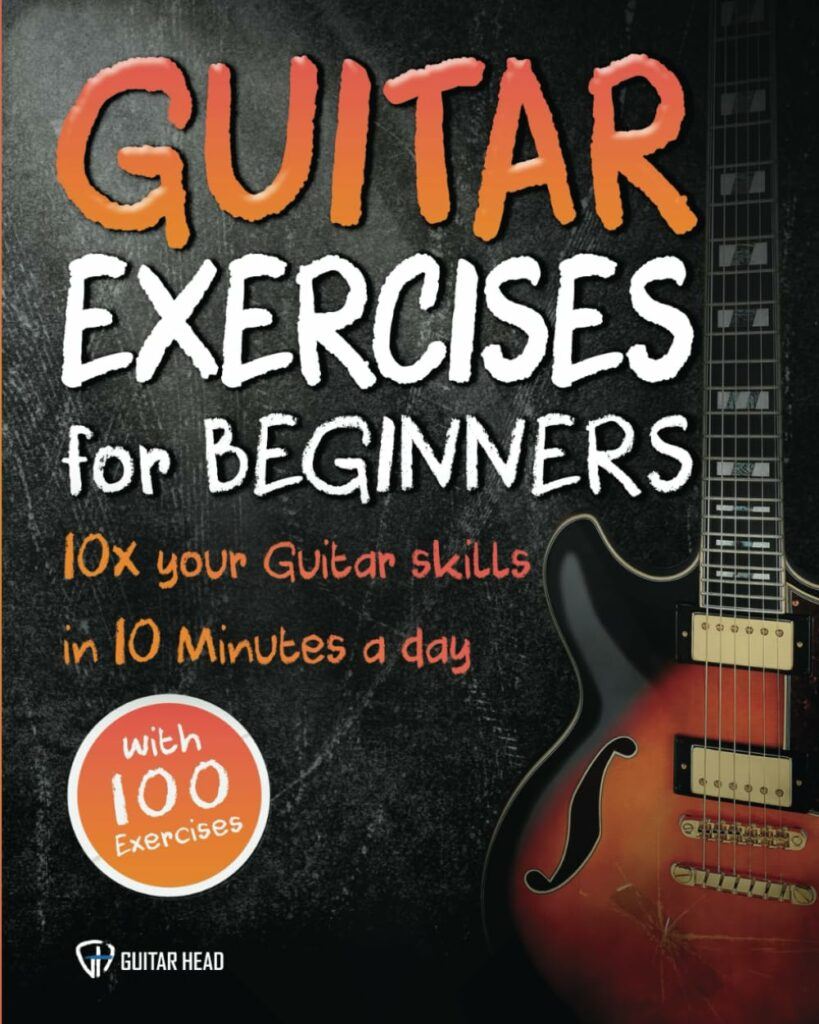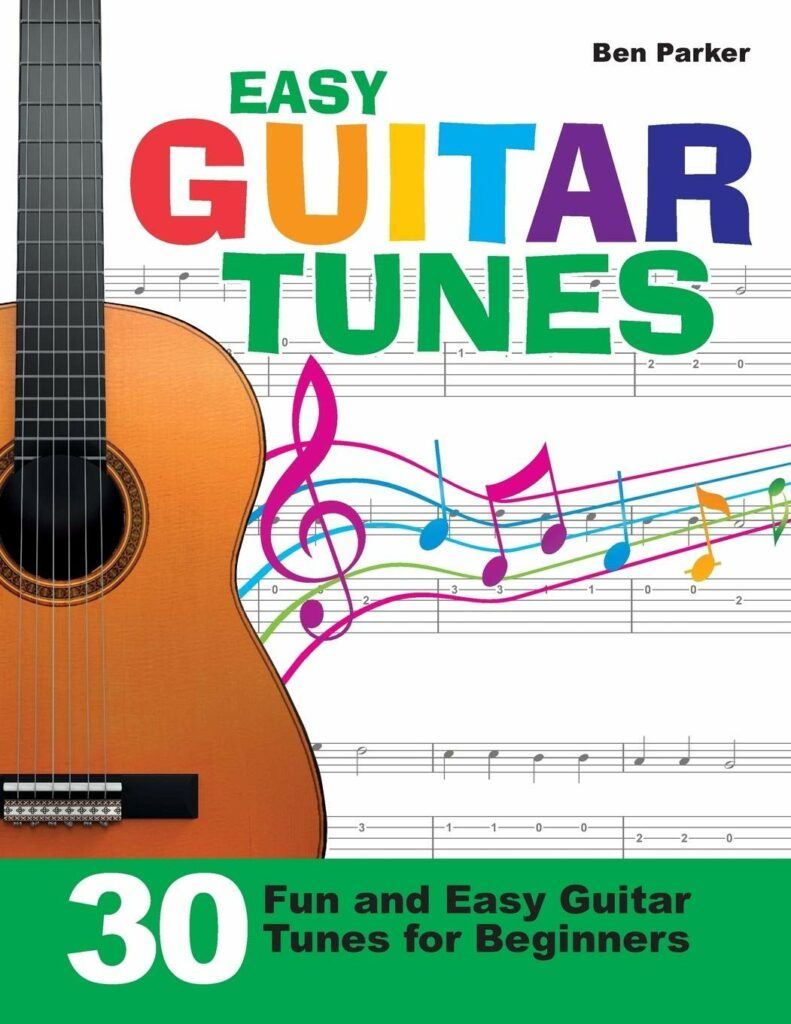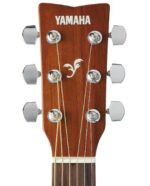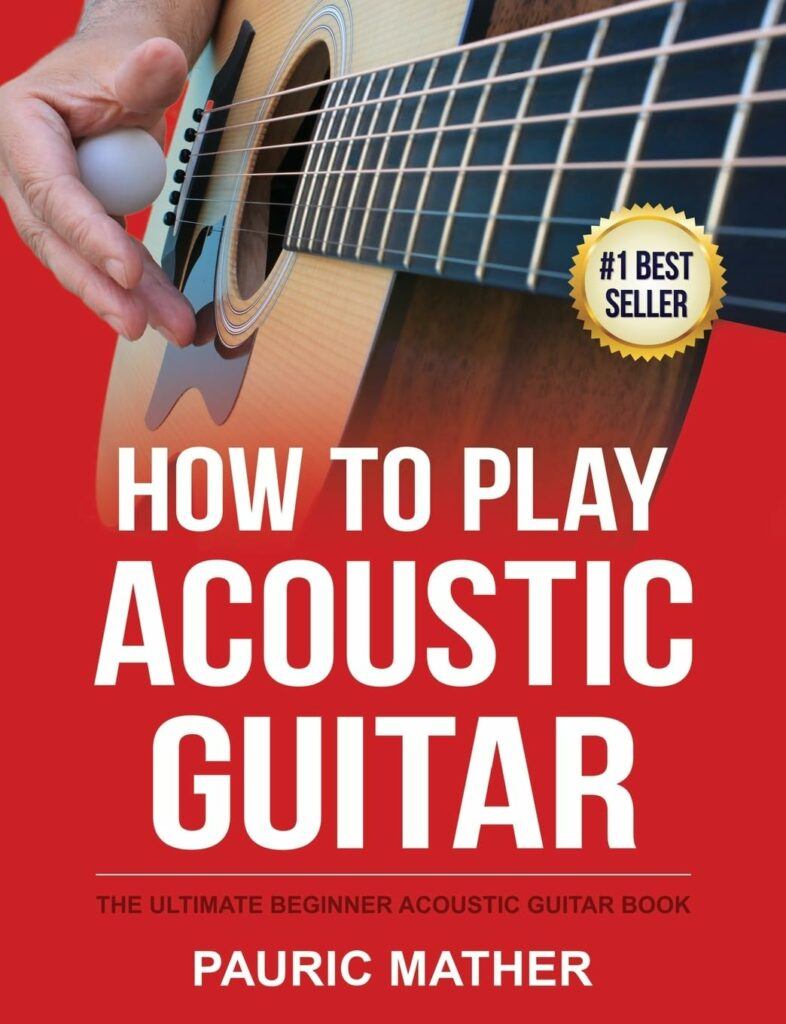Learning to play the guitar is a rewarding journey that can bring you a lifetime of joy. Whether you’re a complete beginner or revisiting an old passion, the guitar is an instrument that allows for creative expression and personal growth. In this article, we’ll address common questions and provide a roadmap to help beginners get started.

1. How Can I Teach Myself to Play Guitar?
Teaching yourself to play guitar is entirely possible, especially with the wealth of resources available today. You can use:
- Online tutorials and video lessons: YouTube, Udemy, and other platforms offer step-by-step instructions for beginners.
- Guitar apps: Apps like Yousician and Fender Play provide interactive lessons with instant feedback.
- Books and chord charts: Self-teaching guitar books and chord charts are traditional but effective ways to learn the basics.
The key to self-teaching is consistency. Set aside time each day to practice and ensure that you build upon what you learn.
2. What Is the First Thing a Beginner Guitarist Should Learn?
The first thing a beginner guitarist should learn is basic open chords and how to properly hold the guitar. Open chords like G, C, D, and E minor are commonly used in many songs and form the foundation of guitar playing. In addition to chords, it’s important to:
- Learn how to tune your guitar.
- Understand the basics of strumming patterns.
- Familiarize yourself with hand positioning to avoid strain or injury.
3. How to Learn Guitar for Beginners Step by Step?
Here’s a basic step-by-step guide to learning guitar for beginners:
- Get familiar with the instrument: Learn the parts of the guitar (body, neck, frets, strings) and how to hold it properly.
- Tune your guitar: Always tune your guitar before playing. There are numerous tuning apps available.
- Learn basic open chords: Start with easy open chords like G, C, D, and Em.
- Strumming techniques: Practice simple down-up strumming patterns to get comfortable with rhythm.
- Chord transitions: Practice moving between the chords smoothly. This is a key skill for playing songs.
- Play simple songs: Choose easy songs that use the chords you’ve learned. This keeps the learning process enjoyable.
- Practice regularly: Consistent practice, even for just 15 minutes a day, is crucial for making progress.
4. How Long Will It Take for a Beginner to Learn Guitar?
The time it takes to learn guitar varies depending on your goals and the amount of practice you put in. Generally:
- Basic chord progressions and simple songs: You can expect to play basic songs in 2-3 months with regular practice.
- Intermediate playing (barre chords, scales): This can take 6-12 months depending on how much you practice.
- Advanced techniques (soloing, fingerstyle): Mastering advanced skills might take 1-2 years or more, depending on your dedication.
Consistency is key, and even practicing for 15-30 minutes a day can lead to steady progress.
5. Is It Hard to Learn Guitar When Older?
While learning guitar may feel more challenging as you get older, it’s absolutely possible and beneficial! Older learners often bring:
- Patience and discipline to their practice routine.
- Better time management skills, which help in sticking to a consistent practice schedule.
The biggest challenges may be developing finger strength and dexterity, but with consistent practice, these will improve over time. Remember, it’s never too late to start learning something new!
6. Is Guitar Harder Than Piano?
The difficulty of learning an instrument depends on the individual, but here are some key differences:
- Guitar: Involves developing hand coordination and finger dexterity early on, especially for chord changes and strumming.
- Piano: May be easier to start because of its linear layout, but it can become more complex as you learn about playing with both hands.
Some people find guitar easier because you can quickly learn a few chords and play simple songs, whereas piano requires learning how to read music more consistently. Ultimately, both instruments have their unique challenges.
7. Is 50 Too Late to Learn Guitar?
Absolutely not! Learning guitar at 50 or any age can be a deeply fulfilling experience. In fact, many people start learning instruments later in life as a way to stay mentally and creatively engaged. Playing guitar can:
- Improve cognitive functions like memory and concentration.
- Reduce stress and anxiety.
- Be a great way to meet people with similar interests.
The key is to be patient with yourself and enjoy the process!
8. Can a 55-Year-Old Learn to Play Guitar?
Yes, a 55-year-old can definitely learn to play guitar. There are countless success stories of people picking up guitar later in life and finding joy in it. You might progress a little slower compared to younger learners, but the benefits of playing are immense. Be consistent with your practice, focus on your own pace, and celebrate small victories.
9. What Is the Hardest Stage of Learning Guitar?
For most beginners, the hardest stage of learning guitar is the early phase—when you’re developing finger strength, memorizing chord shapes, and learning to change between chords smoothly. Common challenges include:
- Sore fingers: As you build calluses, your fingers may hurt from pressing down on the strings.
- Frustration with slow progress: Learning transitions between chords can feel slow, but it’s important to stay patient.
- Rhythm and strumming: Developing consistent rhythm can take time and practice.
Once you push through this initial phase, playing guitar becomes more enjoyable, and the rewards start to outweigh the challenges.
Conclusion: Starting Your Guitar Journey
Learning to play the guitar is a deeply rewarding and therapeutic experience for people of all ages. Whether you’re teaching yourself through online resources or working with a teacher, the key is consistency and patience. With time, dedication, and the right mindset, anyone can learn to play guitar, no matter their age.
So whether you’re 25, 50, or even 55 years old, it’s never too late to start learning this beautiful instrument. Embrace the challenges and enjoy the process, because the joy of playing guitar is well worth the effort.
